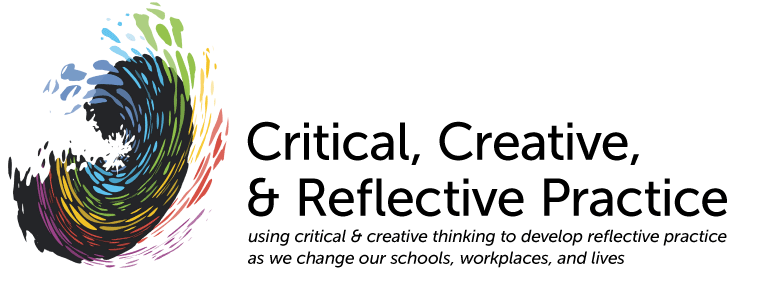Three Aspects of Successful Intelligence
To be successfully intelligent (see Graphic 13) is to think well in three different ways: analytically, creatively, and practically. Typically, only analytical intelligence is valued on tests and in the classroom. Yet the style of intelligence that schools most readily recognize may well be less useful to many students in their adult lives than creative and practical intelligence.
The three aspects of successful intelligence are related. Analytical or componential thinking is required to solve problems and to judge the quality of ideas. Creative or experiential intelligence is required to formulate good problems and ideas in the first place. Practical or contextual intelligence is needed to use the ideas and their analysis in an effective way in one’s everyday life.
Successful intelligence is most effective when it balances all three of its analytical, creative, and practical aspects. It is more important to know when and how to use these aspects of successful intelligence than just to have them. Successfully intelligent people don’t just have abilities, they reflect on when and how to use these abilities effectively.
“The theory suggests that successfully intelligent people are those who have the ability to achieve success according to their own definition of success, within their socio-cultural context. They do so by identifying and capitalizing on their strengths, and identifying and correcting or compensating for their weaknesses in order to adapt to, shape, and select environments. Such attunement to the environment uses a balance of analytical, creative, and practical skills. The theory views intelligence as a form of developing competencies, and competencies as forms of developing expertise. In other words, intelligence is modifiable rather than fixed.” ~ R. Sternberg (http://www.yale.edu/rjsternberg/#higher)
Analytical Componential Intelligence==
Analytical intelligence encompasses the ability to think abstractly and process information effectively. Persons high on this dimension are able to think critically and analytically. Analytical intelligence emphasizes effectiveness in information processing and is characterized by high test scores and high I.Q. scores.
Qualities of analytical intelligence:
- Analyze Informed Evaluate
- Logical Judge Organized
- Explain Critique Balanced (points of view)
Creative Experiential Intelligence
Creative intelligence includes the ability to formulate new ideas, to combine seemingly unrelated facts or information. It emphasizes insight and the ability to invent new solutions and is overlooked by test scores.
Qualities of creative intelligence:
- Create Novel Design
- Compelling Imagine Informed
- Suppose Invent Appropriate to task
Practical Contextual Intelligence
Practical intelligence covers the ability to adapt to changing environmental conditions and to shape the environment so as to maximize one’s strengths and compensate for one’s weaknesses. It emphasizes intelligence in a practical sense. Persons high on this dimension quickly recognize what factors influence success on various tasks and are adept at both adapting to and shaping their environment so that they can accomplish various goals. Practical intelligence is not reflected in test scores.
Qualities of practical intelligence:
· Use Apply Informed
· Contextualize Implement Feasible (time and resources)
Sources: Sternberg (1996), Walters (2003) and http://www.abacon.com/slavin/t25.html
(Original page by Mary Frangie)
